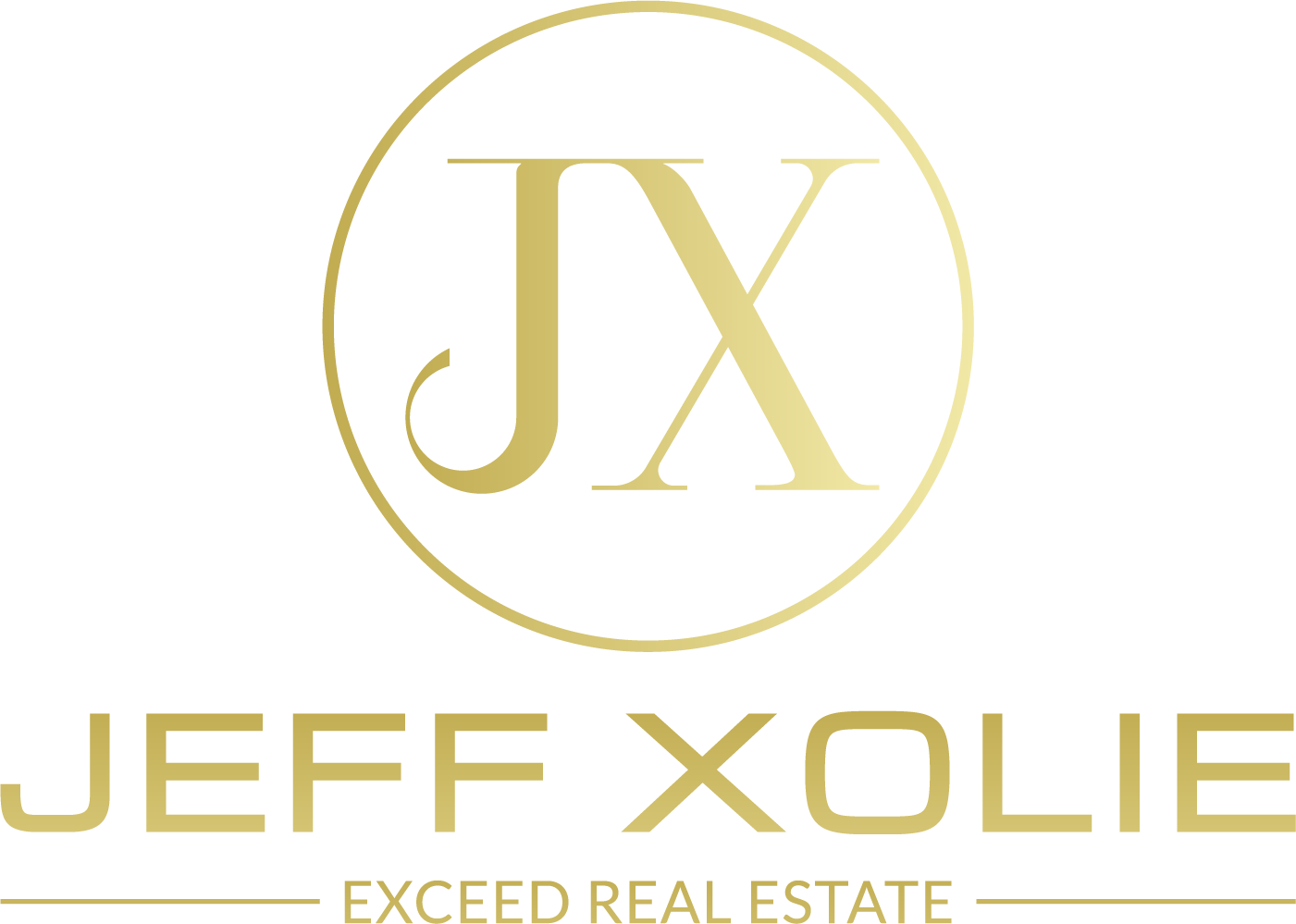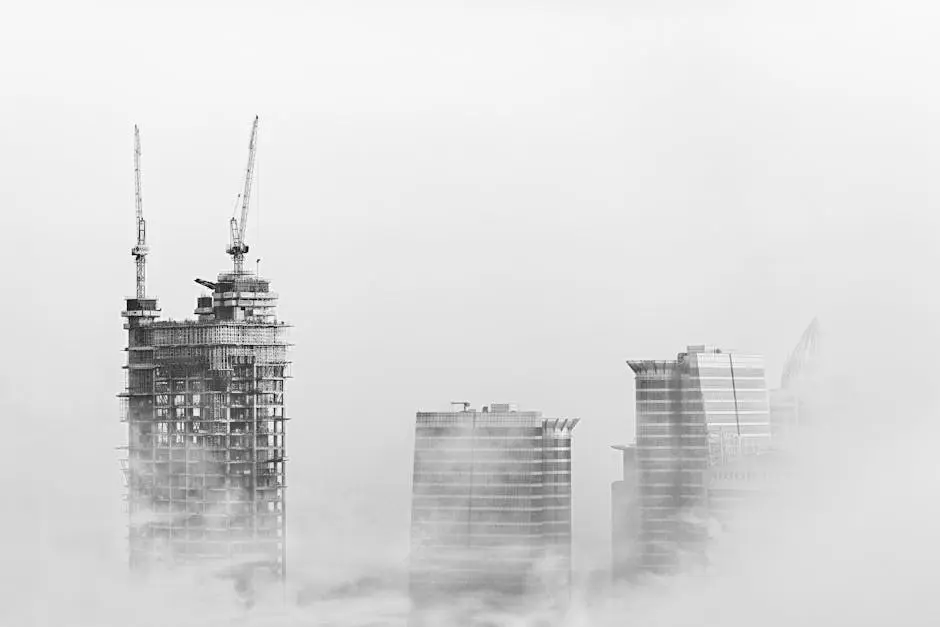As we step into 2023, the Dubai real estate market is witnessing significant transformations influenced by a multitude of factors. Understanding these trends is essential for investors, homeowners, and industry stakeholders looking to navigate this dynamic landscape. In this blog, we will explore the key trends that are shaping the future of Dubai’s real estate sector.
1. The Rise of Sustainable Developments
Sustainability is becoming a key focus in Dubai’s real estate projects, influencing design, construction, and operational practices. With the United Arab Emirates aiming for sustainability across various sectors, developers are increasingly required to incorporate eco-friendly practices into their projects. This shift is not merely a trend but a fundamental change in how properties are envisioned.
Building sustainably includes utilizing renewable energy sources, prioritizing energy efficiency, and employing materials that cause minimal environmental impact. In 2023, buyers are more educated about sustainability issues and often prefer properties that align with their values. Consequently, developments featuring green roofs, solar panels, and water conservation systems have become particularly sought after.
Moreover, community developments focusing on sustainability contribute to reduced urban heat effects and enhanced air quality. Investors who wish to align with current trends and take advantage of potential tax incentives will benefit significantly from investing in these sustainable developments. This trend is cementing itself as a pivotal factor in the Dubai real estate forecast for the upcoming years.
2. Increased Demand for Luxury Properties
High-net-worth individuals are increasingly investing in Dubai’s luxury real estate market, driving up demand and prices. The city’s reputation as a luxury destination continues to flourish, attracting affluent buyers from around the globe. From expansive villas with stunning views to opulent penthouses in the heart of the city, the Dubai real estate playoff is intensely competitive.
The luxury market is not just growing but evolving, with buyers looking for properties that offer exclusivity and a sense of community. Gated communities with high-end amenities, such as private pools, golf courses, and concierge services, are experiencing heightened interest. Furthermore, the pandemic has highlighted the importance of living spaces that provide comfort and security, leading to a surge in demand for these luxury homes.
Investors are recognizing that luxury properties often represent a safe investment, particularly in uncertain economic climates. Residential towers and villa communities that provide stunning architectural designs coupled with unparalleled lifestyle offerings rank high in investor preferences. As our analysis shows, this trend is likely to keep the luxury segment thriving in Dubai’s real estate forecast for 2023.
3. Smart Home Technology Integration
The integration of smart home technology is transforming how properties are designed and operated, enhancing convenience and security. As technology continues to advance exponentially, more buyers expect their homes to include smart features such as automated lighting, climate control, and advanced security. These technologies not only improve the functionality of living spaces but also enhance energy efficiency, appealing to sustainability-focused buyers.
Additionally, the pandemic has accelerated the adoption of smart technologies, as individuals prioritize comfort and safety in their living environments. Developers are keenly aware of this shift; many new projects showcase advanced tech features that elevate the user experience. Voice-activated systems and mobile integrations now allow homeowners to monitor and control their properties from anywhere.
As the demand for smart homes increases, this essential trend is shaping the construction and design of residential areas in Dubai. Investors looking to enter the market should consider properties featuring these innovative amenities, as they add substantial value to homes and meet the expectations of modern buyers. The seamless integration of technology makes it a key factor in determining the future of Dubai’s real estate landscape.
4. Focus on Community Living
There is a growing preference for community-oriented developments that provide a balanced lifestyle, combining residential, retail, and recreational spaces. Modern buyers are increasingly valuing connected living environments, which foster social interactions and enhance quality of life. As a response, developers are designing mixed-use communities that cater to diverse needs, ultimately creating vibrant neighborhoods.
These new community-centric developments feature parks, schools, shopping areas, and healthcare facilities all within walking distance, providing residents a holistic living experience. Furthermore, the integration of green spaces encourages outdoor activities and contributes to overall well-being. This holistic approach to living spaces resonates especially with families and young professionals who appreciate convenience and community.
Moreover, communal facilities such as gyms, pools, and co-working spaces enhance the social fabric of such neighborhoods and add significant value to residential properties. As Dubai continues to develop, the emphasis on community living will undoubtedly play a crucial role in shaping future real estate trends. This focus on collective experiences and sustainable lifestyles marks a significant shift in consumer preferences within the market.
5. Regulatory Changes Impacting the Market
New regulations and policies are emerging to create a more transparent and investor-friendly environment in the Dubai real estate sector. In 2023, the government has introduced several initiatives aimed at simplifying processes for buyers and developers alike. These reforms are designed to instill greater confidence in the market, especially for first-time investors.
Notably, recent changes in property registration processes and updates to ownership laws reflect a commitment to enhancing transparency. The aim is to streamline procedures, making it easier for foreign investors to navigate the market. With these advancements, Dubai is positioning itself as one of the most attractive investment destinations in the region, contributing to a positive real estate forecast.
Additionally, the regulation of short-term rentals has become a focal point, balancing the needs of residents and investors. Such adjustments are essential for maintaining the city’s appeal as a tourist destination while protecting the interests of long-term tenants. Overall, the regulatory landscape is becoming increasingly favorable, ushering in an era of growth and stability in Dubai’s real estate sector.
6. Rise of Off-Plan Properties
Off-plan properties are gaining traction as buyers seek to invest in new developments with potential for significant returns. This trend has been fueled by favorable payment plans that allow investors to secure properties at competitive prices during the construction phase. As prices continue to rise in the established segments, many investors are recognizing the potential of purchasing off-plan properties to capitalize on future value appreciation.
The allure of off-plan properties lies not only in attractive pricing but also in the customizability factors that buyers appreciate. Many developers offer options for customizing layouts and finishes, allowing buyers to create a home that meets their unique preferences. This involvement in the design and construction process resonates with many investors looking for personalized living environments.
Furthermore, off-plan investments often provide an opportunity for savvy buyers to enter markets that may have otherwise been inaccessible. With strategic locations becoming increasingly valuable, the rise of off-plan developments is set to reshape the landscape of Dubai’s investing strategies. As we move further into 2023, this trend will likely remain a significant contributor to overall market growth.
7. International Buyers Driving Market Growth
Dubai’s allure as a global property hotspot continues to attract international buyers, contributing to the market’s robust growth. The city boasts an appealing mix of luxury properties, cultural attractions, and favorable investment conditions that resonate with foreign investors. This demand is bolstered by the UAE’s attractive visa options and the promise of high returns on investment, factors that make Dubai a compelling destination.
In addition, Dubai has built a reputation for being a safe and secure place for investment, further encouraging international interest. Buyers from various regions, including Europe, Asia, and the Middle East are flocking to the vibrant real estate market, seeking both primary residences and investment properties. This diverse interest enriches the market dynamics and introduces new capital influx.
As the city continues to expand its infrastructure and enhance its lifestyle offerings, the trend of international buyers showing interest in Dubai properties is likely to grow. Developers are responding to this demand by tailoring projects that cater specifically to the luxury market and by providing international standards of service, thereby creating a seamless experience for global investors. Overall, this phenomenon is set to be a key driver of the Dubai real estate forecast for the foreseeable future.

